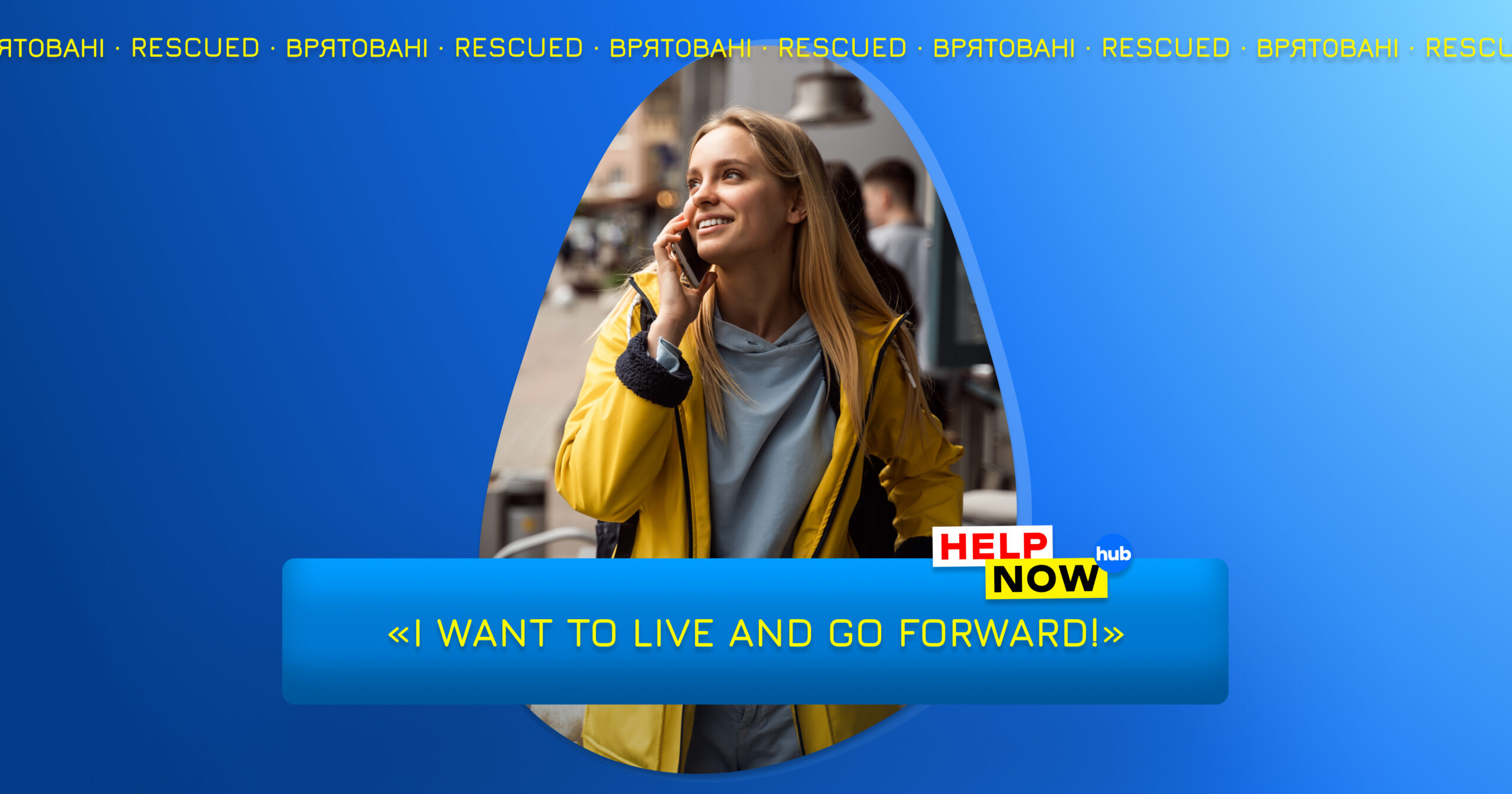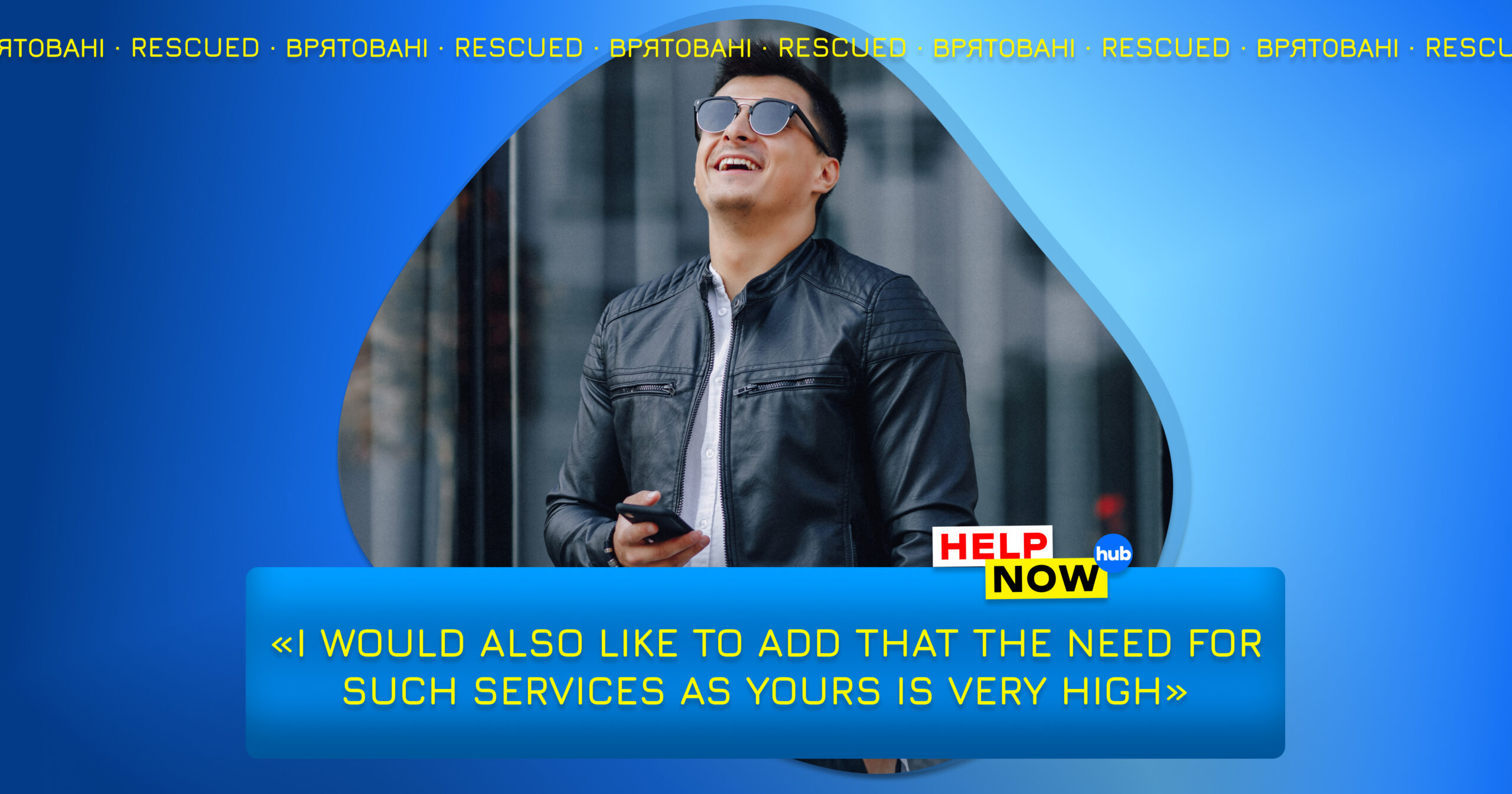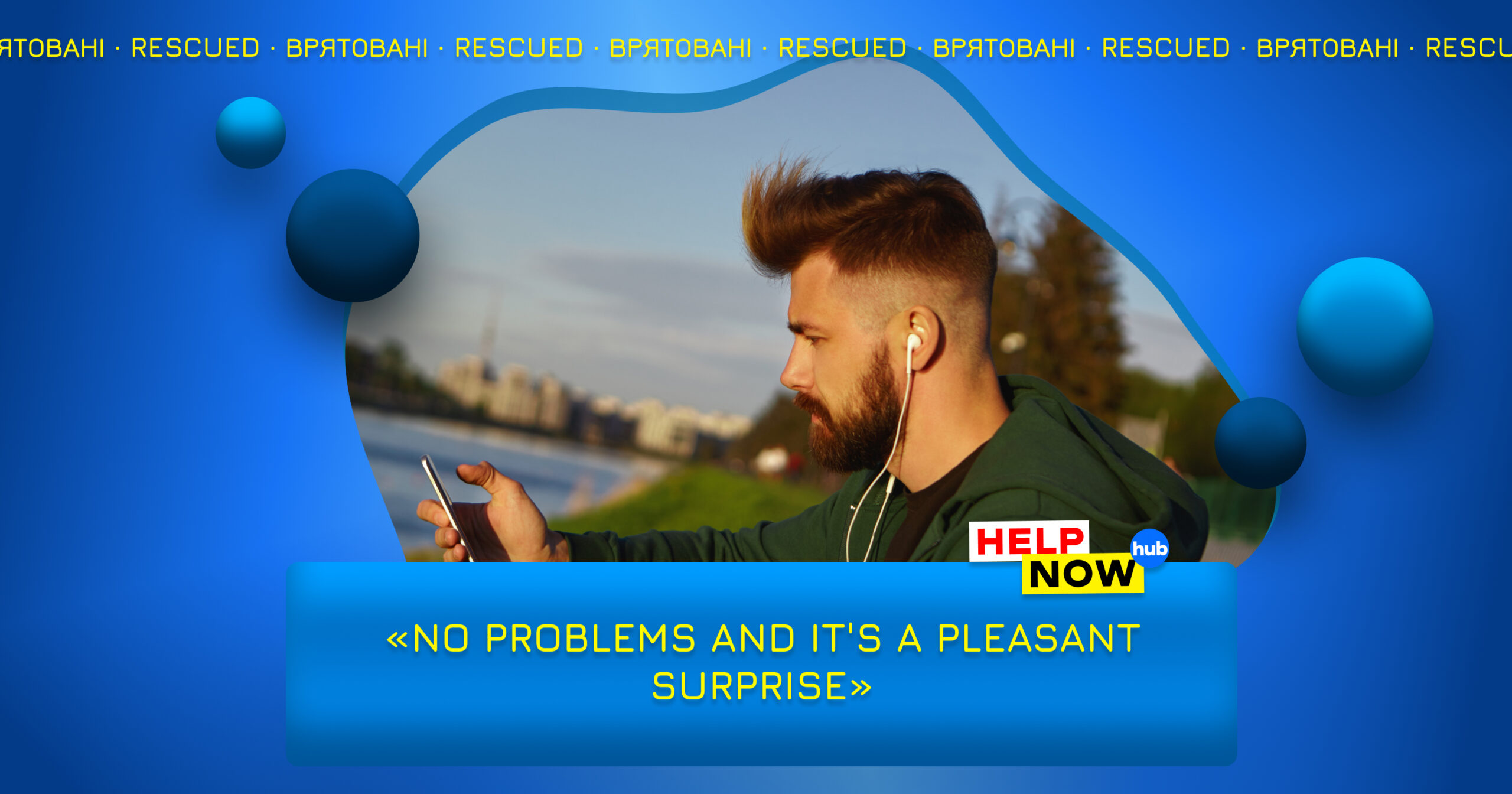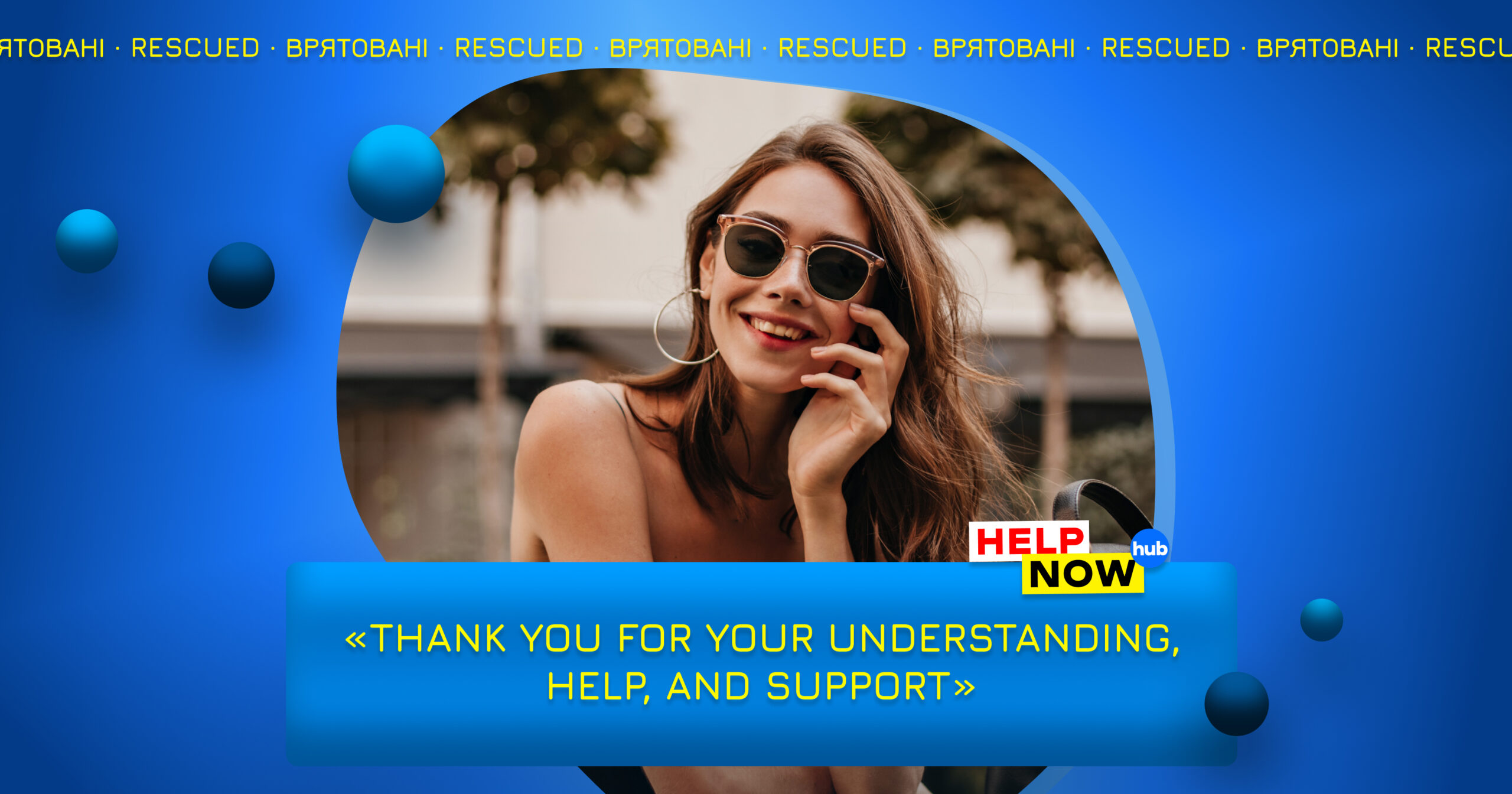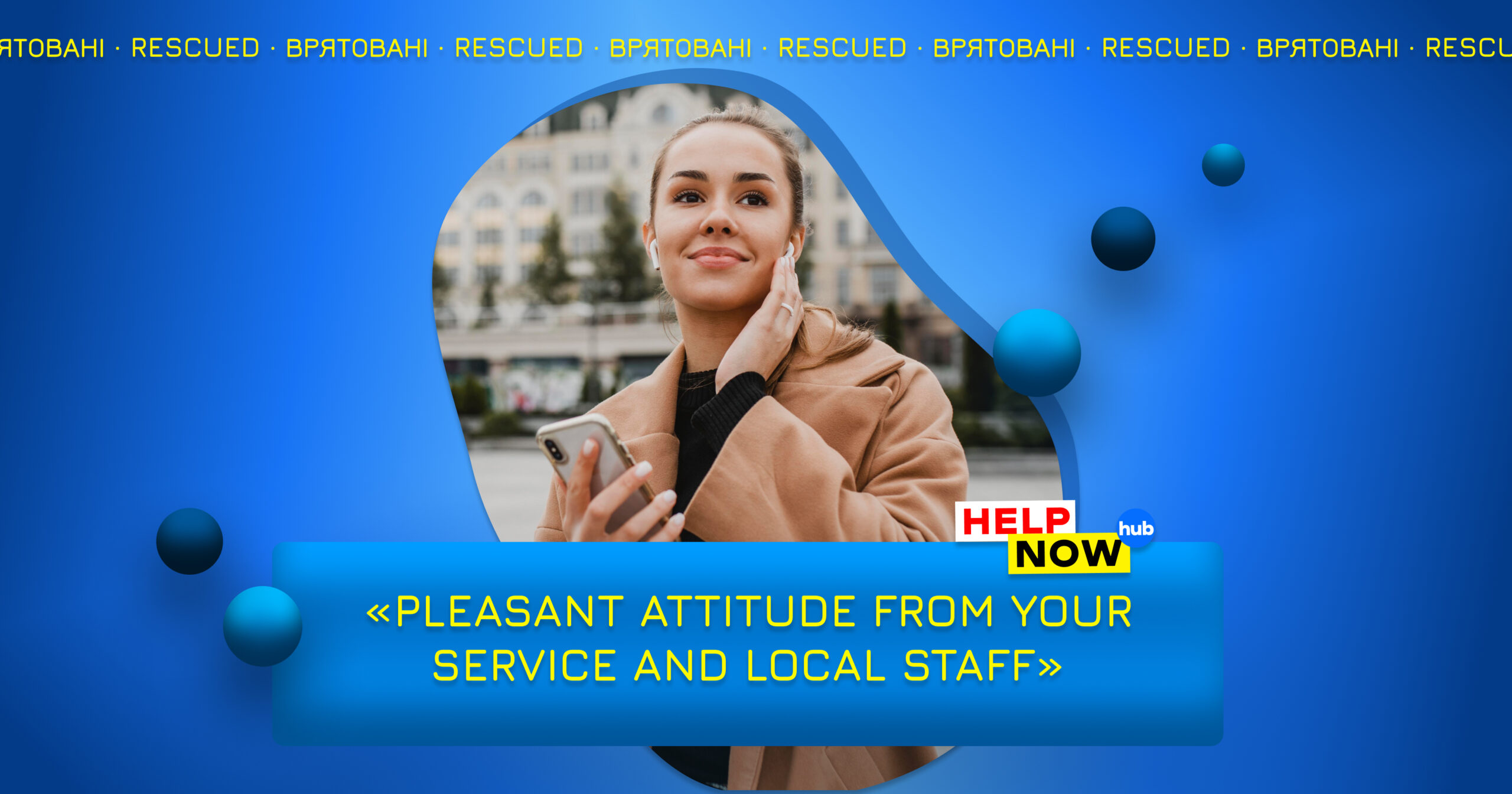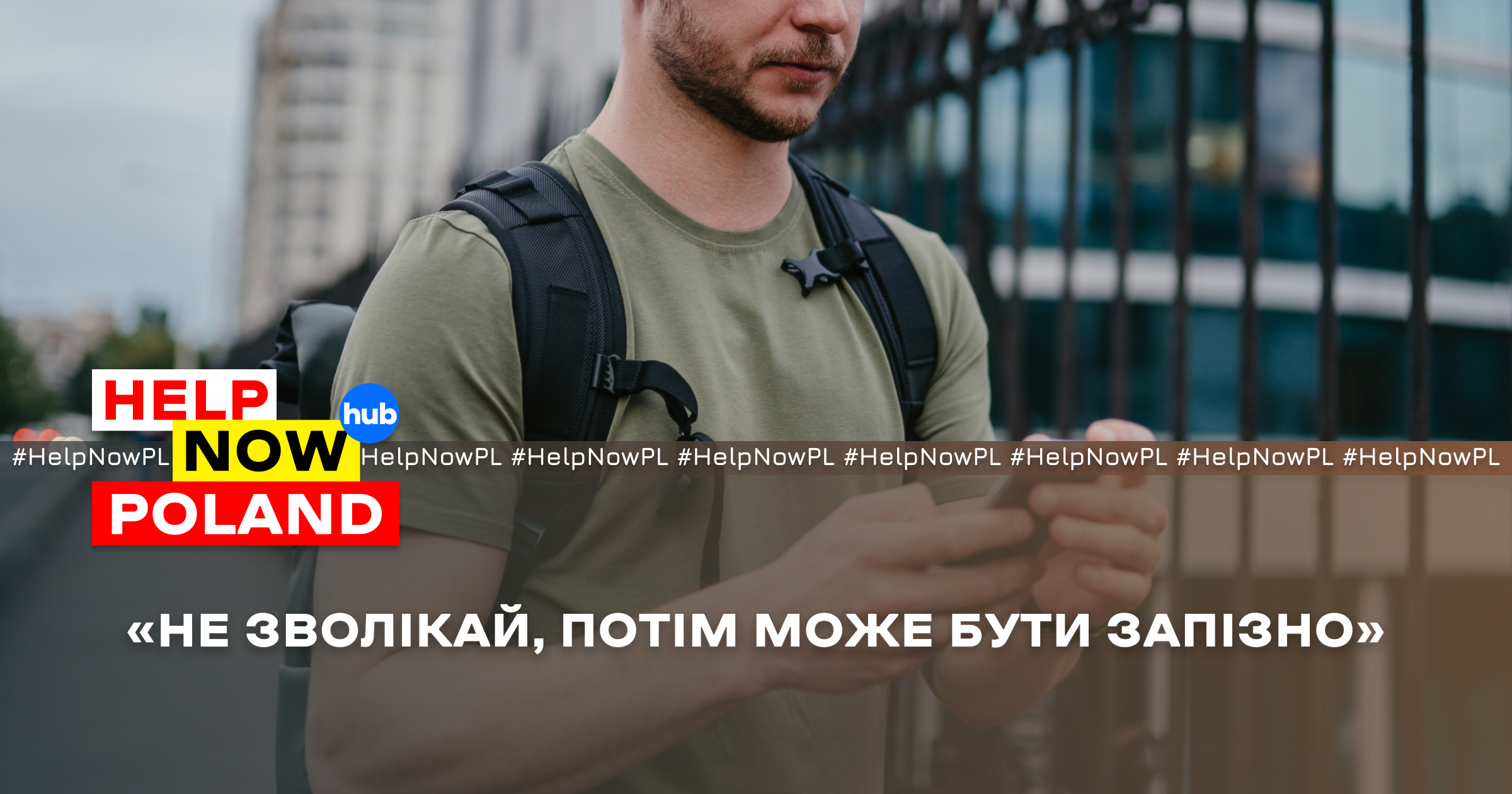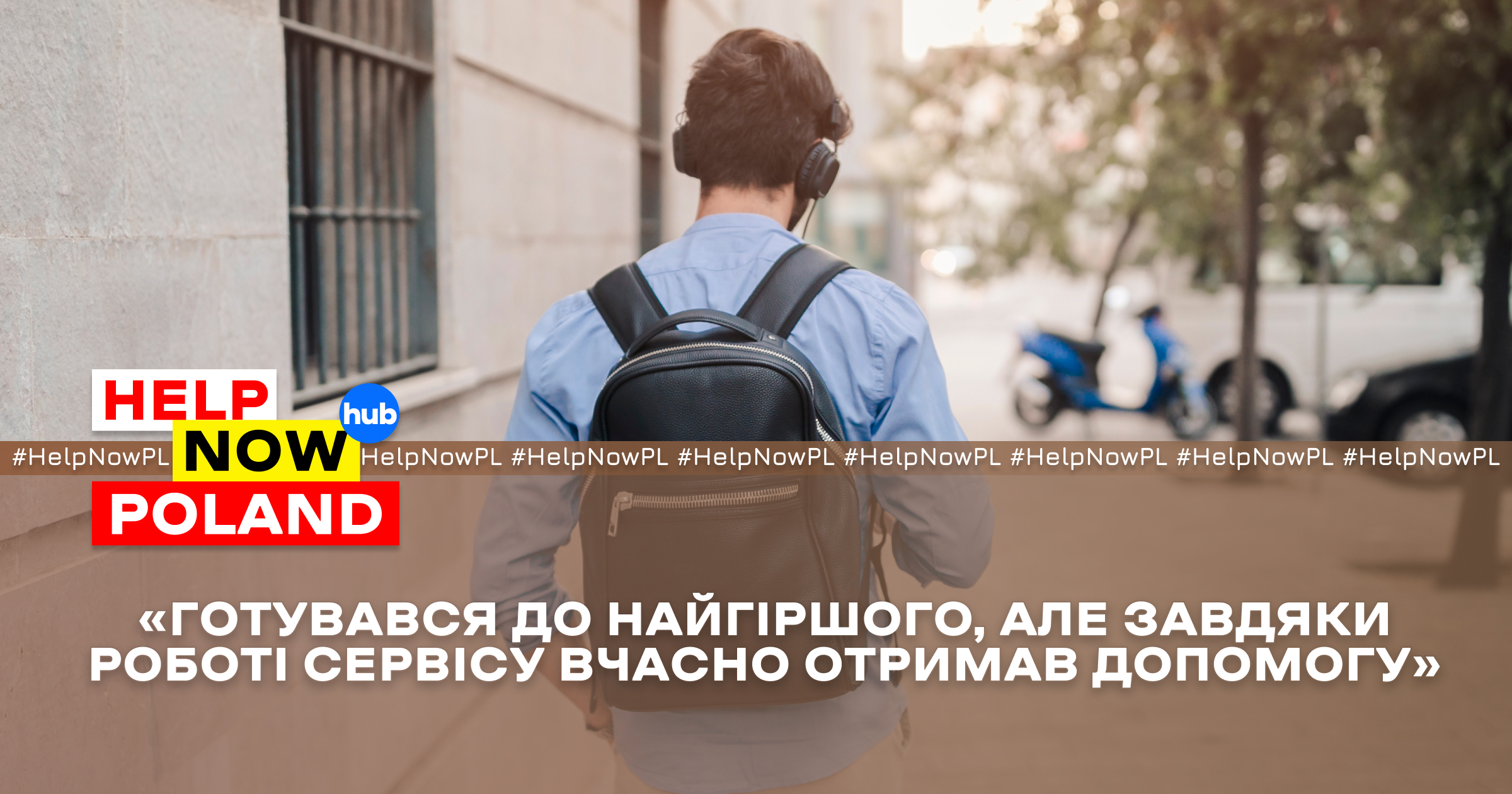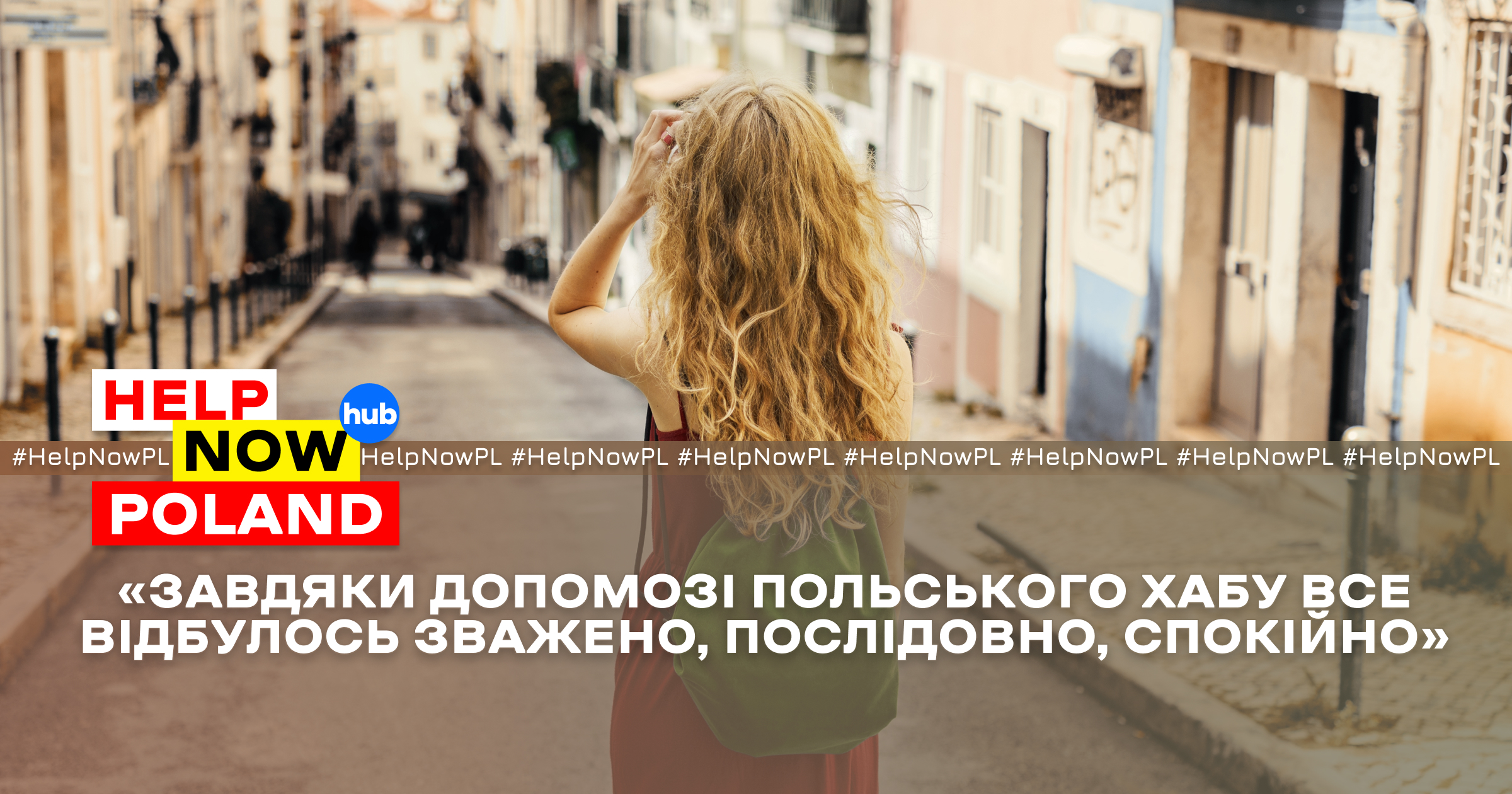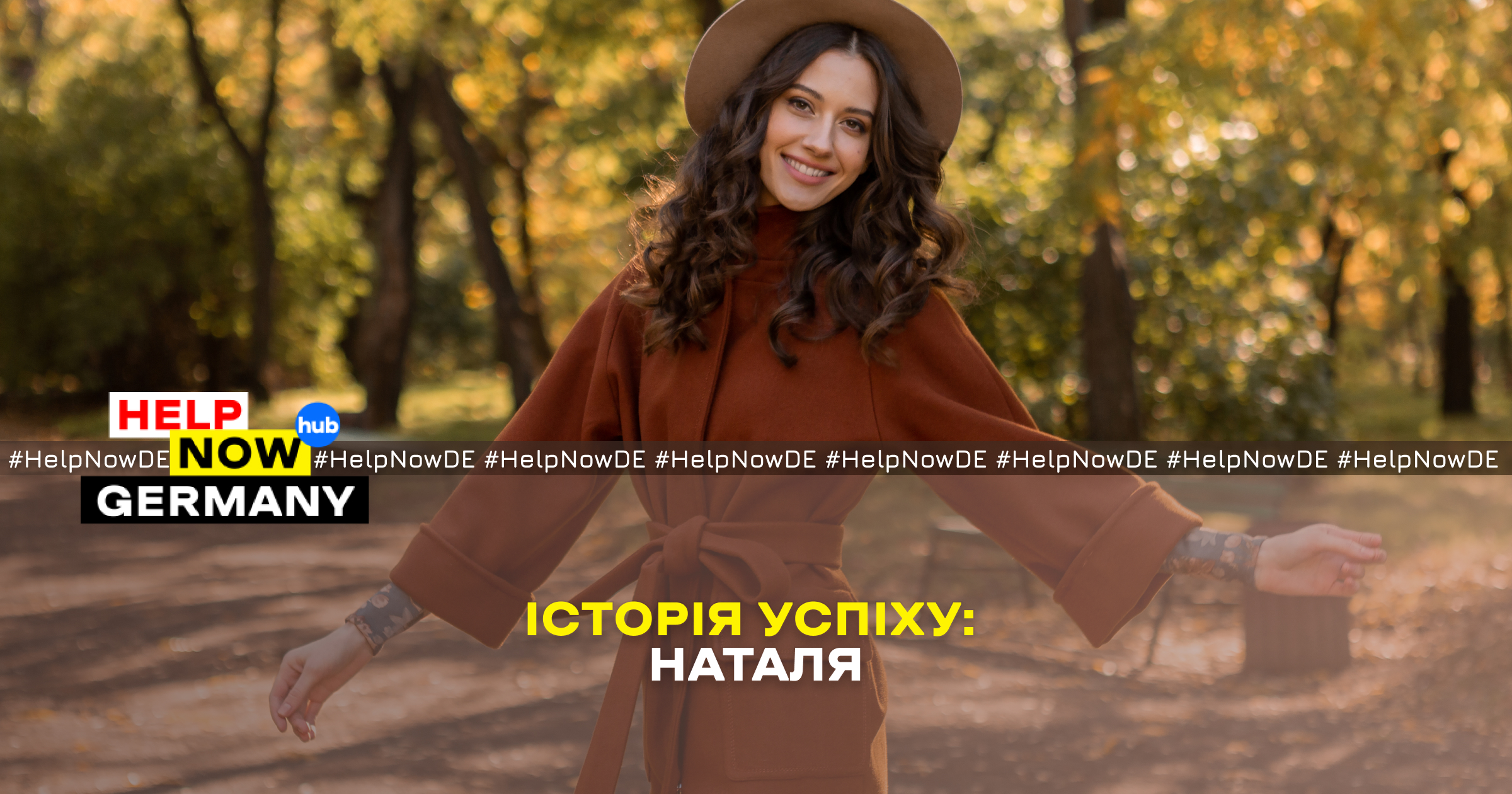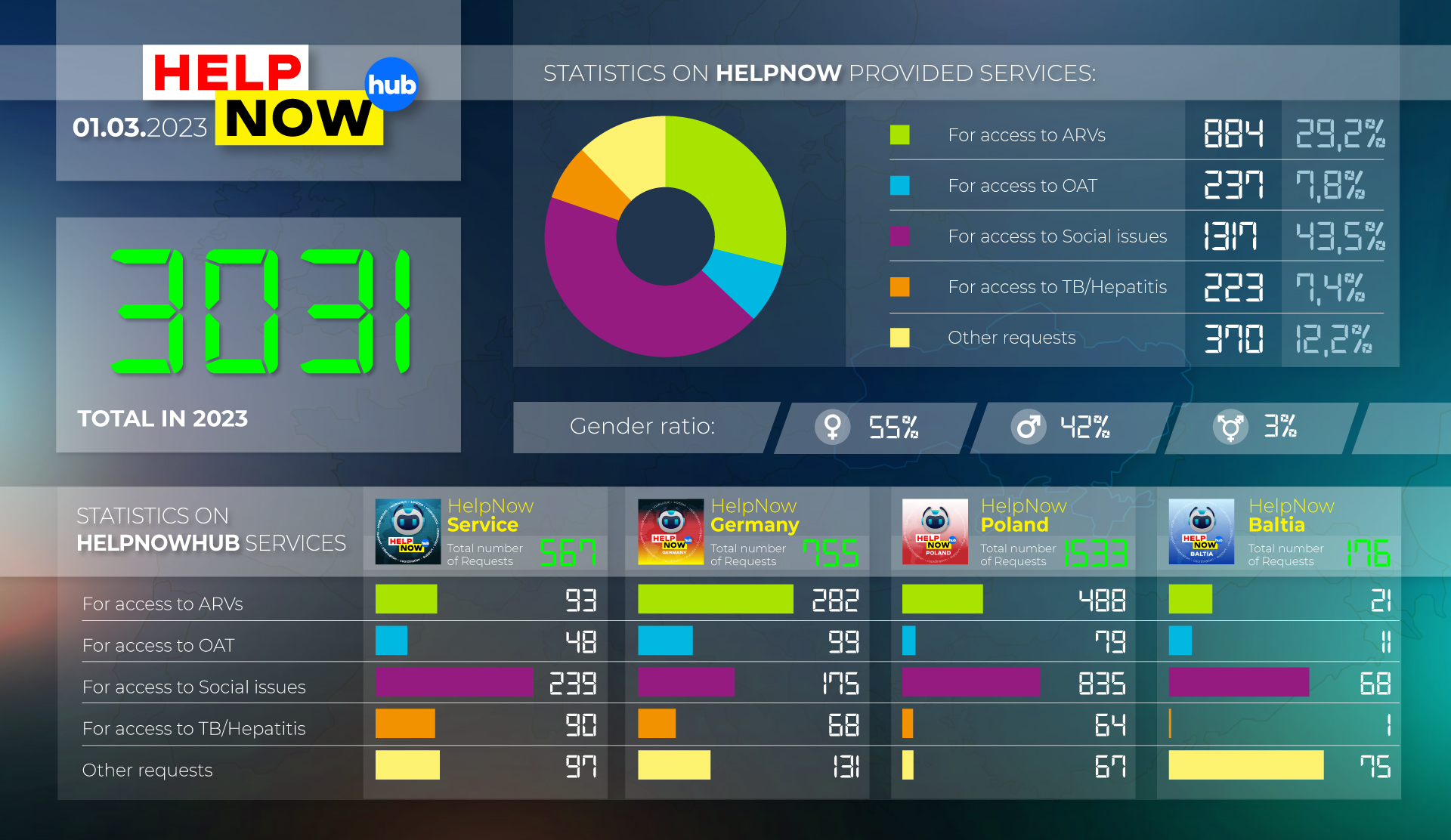Today, #HelpNowPL continues to introduce you to the stories of our clients. We believe that stories inspire, convince, they can motivate us to do useful things, fight stereotypes, change the situation around us and change ourselves.
“Thanks to the help of the Polish hub, everything happened carefully, consistently, calmly.”
Svetlana (name changed) lived in Chernihiv with her husband. They had no intention of going abroad until the last moment, all the more considering moving, even a temporary one, as a step into the unknown. There were many fears related primarily to access to treatment, providing housing, work… How to deal with this in a foreign country, without knowledge of the language, help?
The situation of losing their job and the lack of options for earning money at home made them think about moving. It was decided to move to Poland.
Svitlana wanted to move with her husband, because she thought that she would not be able to adapt normally in a foreign country without having relatives and friends. The couple did not have enough money for the first time either. But after passing the medical commission, her husband did not receive permission to leave, and the issue became more complicated for Svetlana. Just as it makes no sense to stay in a city where there is no permanent job, but there is a rented apartment for which you have to pay.
They turned to social workers in their city for informational assistance, to find out how Svetlana could move herself, whether someone could provide her with information and direct her to access to treatment, finding a job, housing. Social workers provided contacts #HelpNowPL. That’s how Svitlana became our client.
Together we started preparing for departure. Svitlana received information about the necessary stock of medicines to take with her, about documents and hospital discharges that she may need when crossing the border and when she will be registered in Poland. While she was preparing all the documents for departure, the #HelpNowPL consultant was looking for a job for Svitlana in Poland. An employer was found who, subject to employment, provides housing. In our work, we encountered situations of unscrupulous employers and difficult living conditions, for example, a long distance to the nearest medical facility. Therefore, special attention was paid to the issue of employment.
Subsequently, the documents for departure and the necessary stock of medicines were prepared, an employer was found, and Svitlana set off under the sensitive support of our consultant. Our client was met and immediately placed at the place of residence provided by the employer. The very next day, Svitlana was accompanied to all the necessary institutions for the registration of PESEL, financial assistance from the Polish government, and a bank account. The next step was to see a doctor and get antiretroviral drugs.
Today, Svitlana has an apartment, a permanent job in Poland, she is registered and receives the necessary treatment, and has an appointment for an examination.
“I imagined moving to another country as a step into the unknown, but today I have everything for a fulfilling and peaceful life.”
You can turn to our Polish Hub – HelpNowPl for help and additional questions, which is now working specifically for Ukrainian citizens from key communities who were forced to leave their homes due to the war and are currently in Poland.
If you need information about necessary treatment, testing, medical assistance, legal and social issues, or you need translation services or social support to institutions, psychological help:
Call our hotline numbers:
+48 539 652 831 Anna-Nadia
+48 786 640 460 Alina
+48 721 752 114 Vita
Online doctor consultation https://help24.org.ua/uk/doctors/126?hasavailableconsultation=true
Write to us in Telegram https://t.me/+BSIMGdN3WT41MTVi
We are ready to provide you with informational and psychological support!
You can find additional and more detailed information on our website https://helpnow.aph.org.ua/

